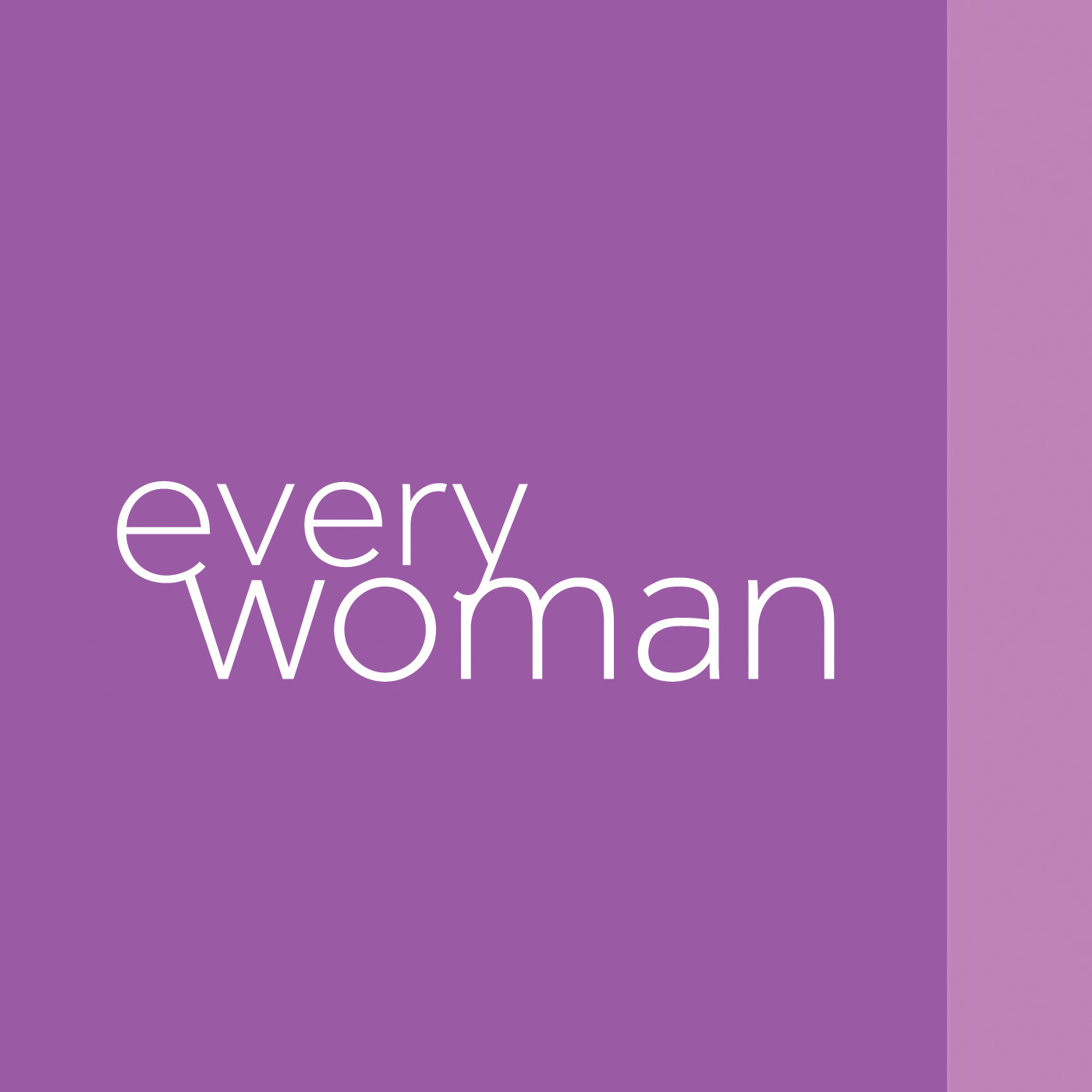Episodes
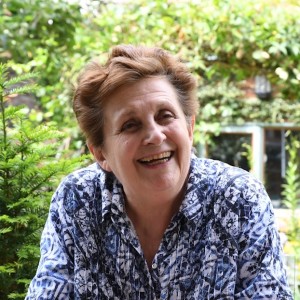
Monday Nov 01, 2021
Monday Nov 01, 2021
Separating men from the workplace in lockdown gave them the chance to spend more time with their children, and research shows that this actually made a significant impact to the division of labour for many families. As companies now roll out hybrid working models, men’s potential return to the domestic sphere on a more permanent basis is the biggest shift for fatherhood since the industrial revolution. In this month’s everywoman Changemakers podcast episode we talk to Adrienne Burgess, Head of Research at the Fatherhood Institute, the UK’s fatherhood think tank, about how we may well look back on the past 18 months as a pivotal moment in changing the politics of both the family and gender equality.
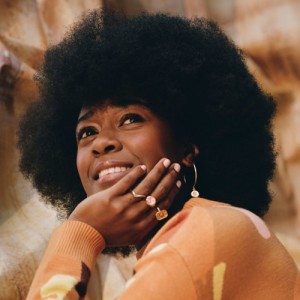
Wednesday Sep 29, 2021
Wednesday Sep 29, 2021
When Lavinya Stennett was at school she found little if any relatable black history or contribution in the curriculum she was being taught. Her experiences led her to set up the Black Curriculum, a social enterprise that aims to change the way schools teach and integrate black history into their students’ education. We talk to her about her mission to highlight and challenge the implicit racial bias in the school curriculum at a nationwide level — and why it is so vital to provide a contextual, globalised history that roots the Black British experience in histories of movement and migration in order to underpin a sense of identity and belonging.
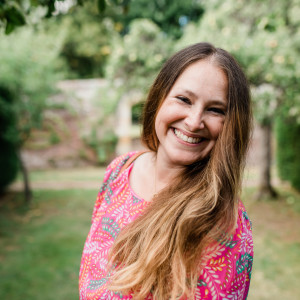
Wednesday Aug 25, 2021
Wednesday Aug 25, 2021
Businesswoman, blogger and mum, Jo Wimble-Groves wants young women to connect with their power and potential and to shine. That was the mission behind her new book Rise of the Girl, out on October 7th 2021, which aims to provide a bridge for parents and daughters to talk together about some of the common issues holding girls back – from poor self-esteem to lack of self-belief. In the book, she offers guided conversation starters and inspiring accounts to prepare girls and young women to do great things in their lives. Ahead of next month’s International Day of the Girl, we talk to Jo about the conversations to have, how to have them and why they’re so important.

Thursday Jul 29, 2021
Thursday Jul 29, 2021
The news is not neutral. Who reports it, what's reported, and how, always serves a worldview. As modern media battles an internet of fake news, conspiracy theories and misinformation for the ’truth’, questions of perspective, rigour and codes of communication are fundamental. Florida’s Poynter Institute is at the centre of this debate, as the home of the International Fact Checking Network and the Craig Newmark Center for Ethics and Leadership. We talk to Senior Vice President, Kelly McBride about the role diversity, or lack of it, plays in shaping the news agenda, why media ethics have never been more crucial to support progress, and the best way to drive change to reflect a plurality of voices and perspectives in media reporting.
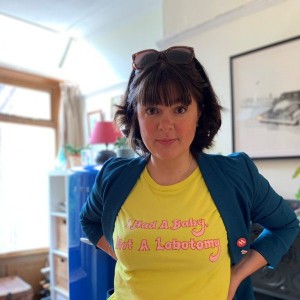
Monday Jul 12, 2021
Monday Jul 12, 2021
Two days after she told her employer that she was pregnant with her first child, Joeli Brearley was sacked from her job by voicemail. It was an abrupt end to a successful role, and she soon realised that her experience was not unique. The ‘motherhood penalty’ is one faced by many women through pregnancy and maternity discrimination, yet current legislation does not protect women. Joeli launched Pregnant Then Screwed in 2015, as a space for mothers to share their stories and today the charity is dedicated to ending the systemic, cultural and institutional discrimination faced by thousands of pregnant women and mothers every year. In this episode she discusses the barriers, disincentives and disingenuities of current legislation and how these intersect with societal expectations to create the perfect storm for mothers who work.
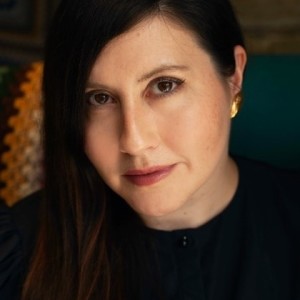
Monday Jun 14, 2021
Monday Jun 14, 2021
We expect modern medicine to uphold principles of evidence and impartiality and to be free of prejudice, including around gender. But the history of medicine is founded on bias toward the male form and patriarchal attitudes toward the understanding, expression and policing of women and their bodies have informed their care since Ancient times. With women presented throughout history as ‘unreliable witnesses’ to their own pain, illnesses and needs, how much of this implicit dismissal remains today?
In this month’s everywoman Changemakers podcast episode we talk to Elinor Cleghorn, author of Unwell Women — published June 2021 — about the need for change in provision for women’s health, and how the ability to speak up — and for people to hear the testimonies — around women’s experiences in healthcare systems is crucial to furthering gender equality.
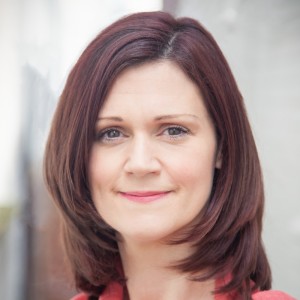
Thursday Apr 29, 2021
Thursday Apr 29, 2021
While women push forward to make gains in pay gaps, conquer professional arenas and increase parental choice, at home they still do the majority of the housework, as well as much of the emotional labour of keeping a household running. Why is this imbalance still a factor in so many domestic arrangements? In the UK, the average heterosexual British woman puts in 12 more days of household labour per year than her male companion, with ‘having it all’ now understood as ‘doing it all’. What needs to change and how can we address the impact of this ‘invisible labour’? We talk to author of The Home Stretch: Why the Gender Revolution Stalled at the Kitchen Sink, Sally Howard about how we got here, and importantly where we go now across feminism's final frontier: the domestic labour gap.
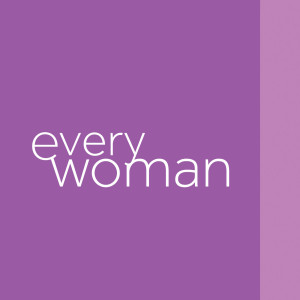
Monday Apr 12, 2021
Monday Apr 12, 2021
Male violence and intimidation against women is a universal problem; it exists in every country in the world, at all socioeconomic levels and within all ethnicities. It is a problem of abuse of power, of silenced voices and often of a lack of accountability.
In the UK, misogyny is finally set to be recognised as a hate crime – something that will pass into law this autumn. But it has taken years, if not decades, of campaigning to push it over the line, Why? And why are we still debating the question around whether male violence toward women is acceptable in any society, in any form?
In this special everywoman:Changemakers podcast episode we discuss the issue of male violence toward women with guests, Tabitha Morton from the Women’s Equality Party, Ngozi Fulani and Rose Lewis from Sistah Space, Chris Green of White Ribbon UK and Jamie Klingler from Reclaim These Streets and ask where and how change can and should happen, who should be driving it…and whether it is happening fast enough.

Monday Mar 08, 2021
Monday Mar 08, 2021
Maya Gabeira is changing the ambitions and expectations for women in the demanding and often dangerous world of big wave surfing. Having started her surfing career aged 15 on the beaches of Rio de Janeiro, she is now one of a small number of elite women athletes in this traditionally macho field — and has been pivotal in breaking down barriers in a sport that only started offering equal prize money to women in 2019.
Today, Gabeira is still one of only three female big wave surfers with enough corporate sponsorship to be able to surf professionally full-time. Last year, she not only set the world record for the biggest wave — a monstrous 22.4m — ever surfed by a woman, but the biggest wave surfed that year by any surfer, male or a female, at Nazaré beach in Portugal. And her tenacity is even more impressive in light of the fact that she nearly drowned eight years ago during a ride on the same beach. In this episode of everywoman Changemakers, she talks about ambition, the power of perspective and how her career is making waves for the next generation of big wave female surfers.
Show notes
0:46 - What does your world record mean to you?
2:40 - Is there any reason a woman couldn’t surf a wave as big as a man could?
4:30 - What does it feel like to be on a wave that big?
5:54 - It didn’t get as much attention as you would expect, did it?
8:28 - What effect do you think a narrowing of the gender pay gap would make?
11:00 - How did you and how does anyone get into big wave surfing?
14:05 - Did you have a female role-model when you were starting out?
15:01 - What is the difference in mentality between regular and big-wave surfing?
18:00 - How did you recover from your serious accident in 2013?
23:47 - Do you aim to hold the record for the largest wave ever surfed regardless of gender?
26:30 - What has the ocean taught you?
28:25 - What would you like your legacy to be?
Discover more about Maya and read the full transcript of the podcast here

Thursday Feb 25, 2021
everywomanBookClub: Can you learn to love your imposter?
Thursday Feb 25, 2021
Thursday Feb 25, 2021
The classic advice for imposter syndrome sufferers is ‘fake it until you make it’, but this leader suggest a different approach... learning to love your imposter.
In Love Your Imposter, business leader Rita Clifton CBE suggests that the traditional advice of ‘faking it until you make it’, might not be for everyone. In this deeply honest book — part memoir, part guide to forging a successful career, and endorsed by former United States Secretary of State Hillary Clinton — the previous UK Chairman of Interbrand explores how her own Imposter Syndrome has become pivotal to her ongoing success.
Listen to our podcast with Rita, where she shares her secrets to growth and development — from using curiosity to power through boring days to judicious use of rescue remedy.

